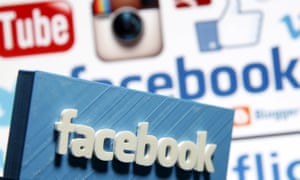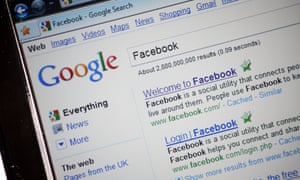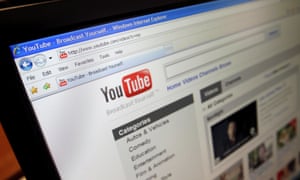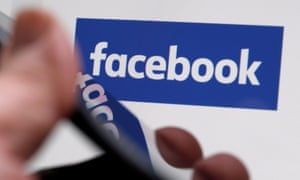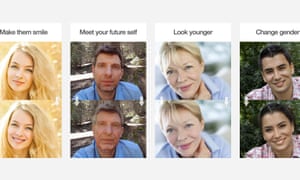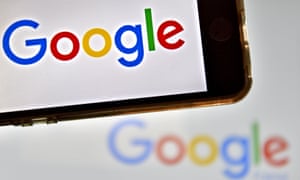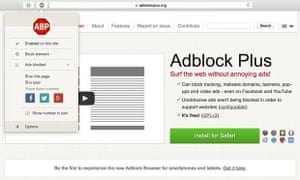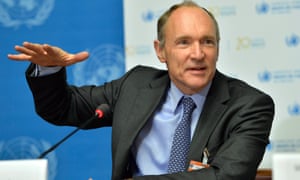
The article talks about how a Google Chrome extension has been made which aims to show audiences, especially those intending to vote in the next General Election, the different narrative agendas in new articles or websites. This is done after the increase in fake news or social media sites being used by different campaigns to promote specific propaganda. It will allow voters to track how the main parties insert political messages into their Facebook feeds calibrated to appeal on the basis of personal information they have already made public online.
- A tool exposing how voters are targeted with tailored propaganda on Facebook has been launched in response to what is likely to be the most extensive social media campaign in general election history.
- The free software, called Who Targets Me?, can be added to a Google Chrome browser and will allow voters to track how the main parties insert political messages into their Facebook feeds calibrated to appeal on the basis of personal information they have already made public online.
- It aims to show who campaigns are targeting, how much the parties are spending and will shed light on whether targeted adverts are crossing the boundary into “fake news”.
- The Conservatives have rehired Craig Elder and Tom Edmonds, the digital consultants who worked on the 2015 election battle, in which the party spent £1.2m spent on digital campaigning, against Labour’s £160,000.
- This time, Labour is understood to be ready to spend around £1m.
- “For the good of our democracy, it’s time to throw some light on this dark and unregulated area of campaign spending,” said Sam Jeffers, who has helped to devise the software, which is available as a browser extension.
Personally, I think this is fantastic, it will essentially show how voters are being targetted by online news. This means that audiences will be able to see how they are being influenced in a way. With traditional platforms, editorial content allows influence and particular agendas a lot more obvious but due to the fact that digital media doesn't have this mediation, it makes a lot more easier for fake news to affect audiences. This method of allowing audiences to see how they are being targetted gives the power to the audiences but also making online news free from specific mediation of corporate powers.
